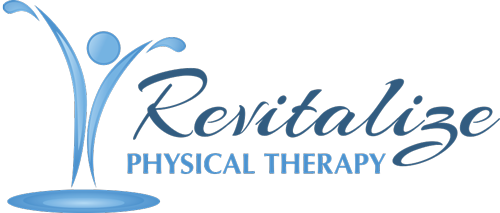
The intrauterine device (IUD, or coil) has become a highly popular form of reversible contraception. By 2007, it had more than 180 million users worldwide. It is a ‘T’-shaped device that is inserted into the uterus, and it comes in three varieties:
- Copper IUD (ex. ParaGard): This version operates in a manner similar to spermicide, and the increased levels of copper ions, prostaglandins, and white blood cells interfere with sperm motility and function. Advantages of the copper IUD include that it can prevent unwanted pregnancy for up to five days post unprotected sex, it is resistant to corrosion, it is safe to use while breastfeeding, and fertility is restored shortly after removal of the device. However, it is associated with increased menstrual cramping and bleeding, and it has a failure rate of 0.8%. In addition, it has 2-5% rate of involuntary expulsion and 0.7% rate of uterine perforation.
- Hormonal IUD (ex. Mirena and Skyla): This IUD releases a small amount of levonorgestrel, which thickens cervical mucus thereby interfering with the ability of sperm to travel into the uterus. It may decrease or even terminate menstrual bleeding, and it has a failure rate of 0.2% during the first year of usage. Mirena is approved for safe usage for up to five years and Skyla is approved for up to three years.
- Inert IUD: These forms of contraception use inert materials, such as a stainless steel ring or plastic, as opposed to the bioactive components of the previously mentioned IUDs. The device is perceived by the uterus as a foreign body, and it results in the uterus becoming a hostile environment to sperm that does not support fertilization and pregnancy. This version is not approved by the FDA.
IUDs have become extremely popular, and it is important to be aware of best and safe practice guidelines to minimize the risk of developing an infection during usage:
- It is worth noting that anyone using an IUD slightly increases her risk of developing pelvic inflammatory disease (PID) during the first twenty days post insertion. Should one notice significant pain or any major changes, she should consult her gynecologist.
- Screening for sexually transmitted infections should be performed prior to IUD insertion.
- Prophylactic antibiotic usage is generally discouraged prior to IUD insertion.
- Only sterilized instruments should be utilized during IUD insertion.
- Should one experience mild PID while using an IUD, it is not necessary to remove the device. If one is experiencing severe PID, she should consult with her gynecologist.
- IUDs are a safe and effective form of contraception for adolescents and women who are HIV-positive.
If you are considering an IUD, please consult with your physician regarding the best choice for you. Furthermore, it is safe to participate in pelvic floor physical therapy while using an IUD.



